New Delhi, Nov 18 (PTI) The Supreme Court on Tuesday constituted a high-powered supervisory committee headed by a retired apex court judge to oversee elections in 16 state bar councils, saying the poll
process should be “just, fair and transparent”.
A bench of Justices Surya Kant, Ujjal Bhuyan and N Kotiswar Singh, which directed holding of polls in state bar councils in multiple phases, said that every such bar body should have a new elected body in place by March 31, 2026.
It said the high-powered panel will be headed by a retired judge of the apex court and comprise a retired chief justice of the high court and an eminent senior advocate, who contests the bar body elections.
The top court, however, did not name the three members of the panel in the order dictated in open court.
It named a few state bar councils like Uttar Pradesh and Telangana which will go into polling on January 31. Similarly, other bar councils like Andhra Pradesh, Delhi and Tripura will go into polls in February in the second phase.
Other bar councils were also named for the third and fourth phases of polling.
The top court said that all the state bar council elections will be held under the direct supervision of state-level high-powered election monitoring committees whose members would be retired judges of different high courts.
Many counsels, including Bar Council of India (BCI) chairman and senior advocate Manan Kumar Mishra, pointed out that the elections in bar bodies could be delayed due to the ongoing drive for verification of law degrees.
The bench said that member lawyers of the state bar councils can vote provisionally and if their degree certificates are found to be fake, the consequences will follow.
While emphasising the need for such a verification drive, the bench observed that “such directions were necessitated on account of fake degree holders masquerading as lawyers” and there cannot be any exception to compliance with the directions for verification.
However, it said the verification of law degrees is an ongoing process and this cannot be a justified or valid ground to keep the elections in abeyance.
“In our opinion, verification is akin to the delimitation process which cannot be an impediment in conducting elections of State Bar Councils,” the bench said.
It directed all universities and deemed law universities to depute a special team of their officers which shall include a senior faculty member from their law department for verification of degrees that may have been received from state bar councils.
“The same verification shall be done within one week from the date of receipt of degree,” the bench said, adding that the universities shall be entitled to charge a fee for such verification process strictly in accordance with rules and no additional demand shall be raised for verification merely because the court has directed verification in a time-bound manner.
The top court also laid down the schedule like the date of nomination, withdrawal of nomination, scrutiny of nomination papers, polling and directed that the election shall be released for the first phase by January 31.
It said any grievances or extension of times will be looked into by the high-powered supervisory committee.
On November 10, the top court indicated that all state bar council elections will be held under the supervision of retired high court judges to ensure a free and fair poll process.
It said there is a trust deficit with the Bar Council of India (BCI), as well as state bar councils, and, therefore, an independent election panel headed by retired high court judges in each state will be appointed to oversee the process.
On October 31, the top court directed the BCI to notify elections for the Punjab and Haryana bar councils within 10 days and hold the polls by December 31.
It also directed the apex bar body to hold elections for the Uttar Pradesh Bar Council by January 31, 2026, and address the genuine and bona fide grievances of electors.
On September 24, the top court said elections in state bar councils have to be held by January 31, keeping in mind the long pendency.
It had said that drives for verification of lawyers’ LLB certificates cannot be a ground for postponing the elections.
The top court was hearing a batch of pleas seeking to quash Rule 32 of the Bar Council of India Certificate and Place of Practice (Verification) Rules, 2015, which empowers the BCI to extend the term of state bar council members beyond the statutory limits prescribed under the Advocates Act, 1961. PTI MNL MNL KSS KSS
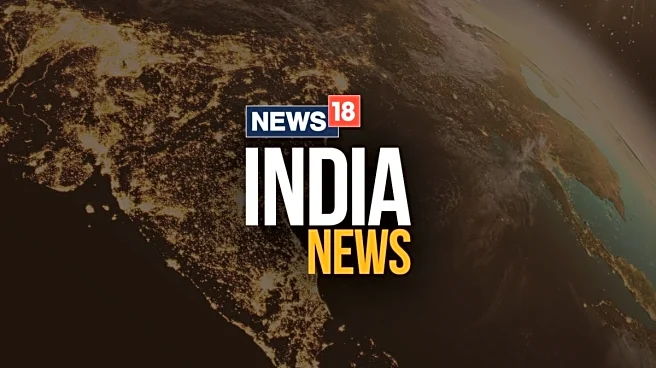

/images/ppid_a911dc6a-image-177105042575465447.webp)

/images/ppid_a911dc6a-image-177105033328862095.webp)
/images/ppid_a911dc6a-image-177105037137039801.webp)
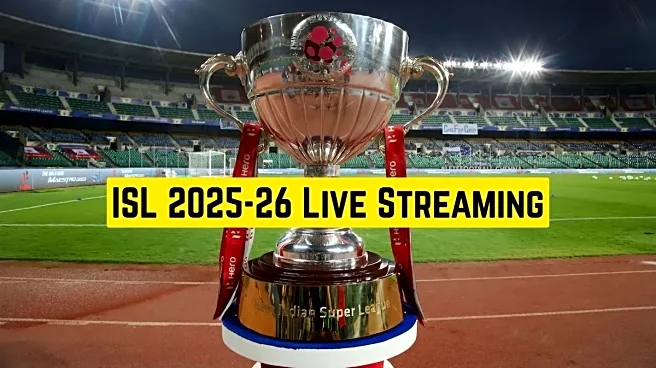

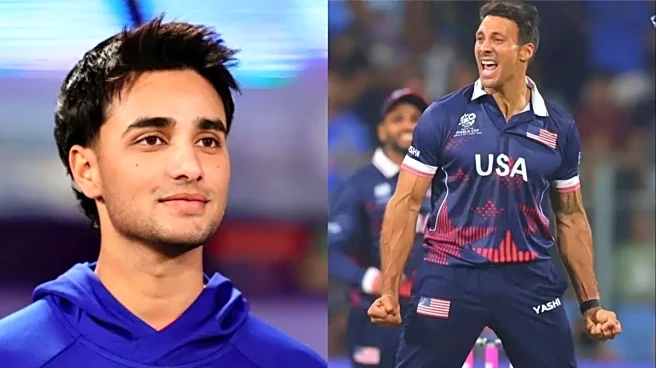
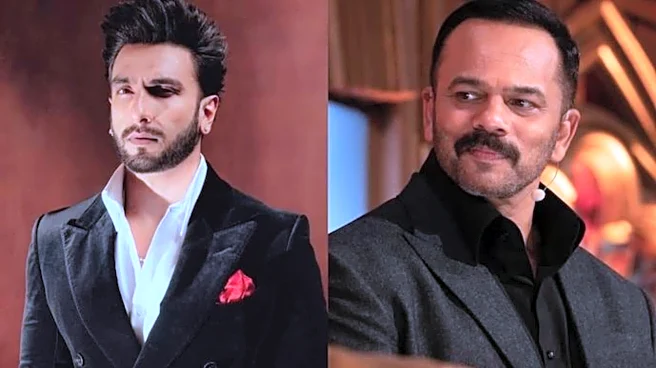

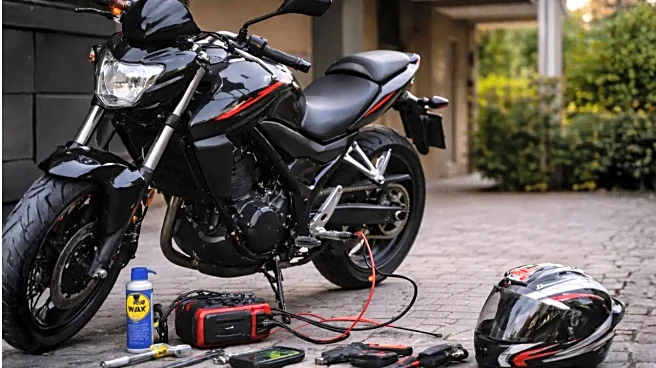

/images/ppid_59c68470-image-177105003415990657.webp)

/images/ppid_59c68470-image-177105003432353455.webp)
/images/ppid_a911dc6a-image-177104902795770968.webp)